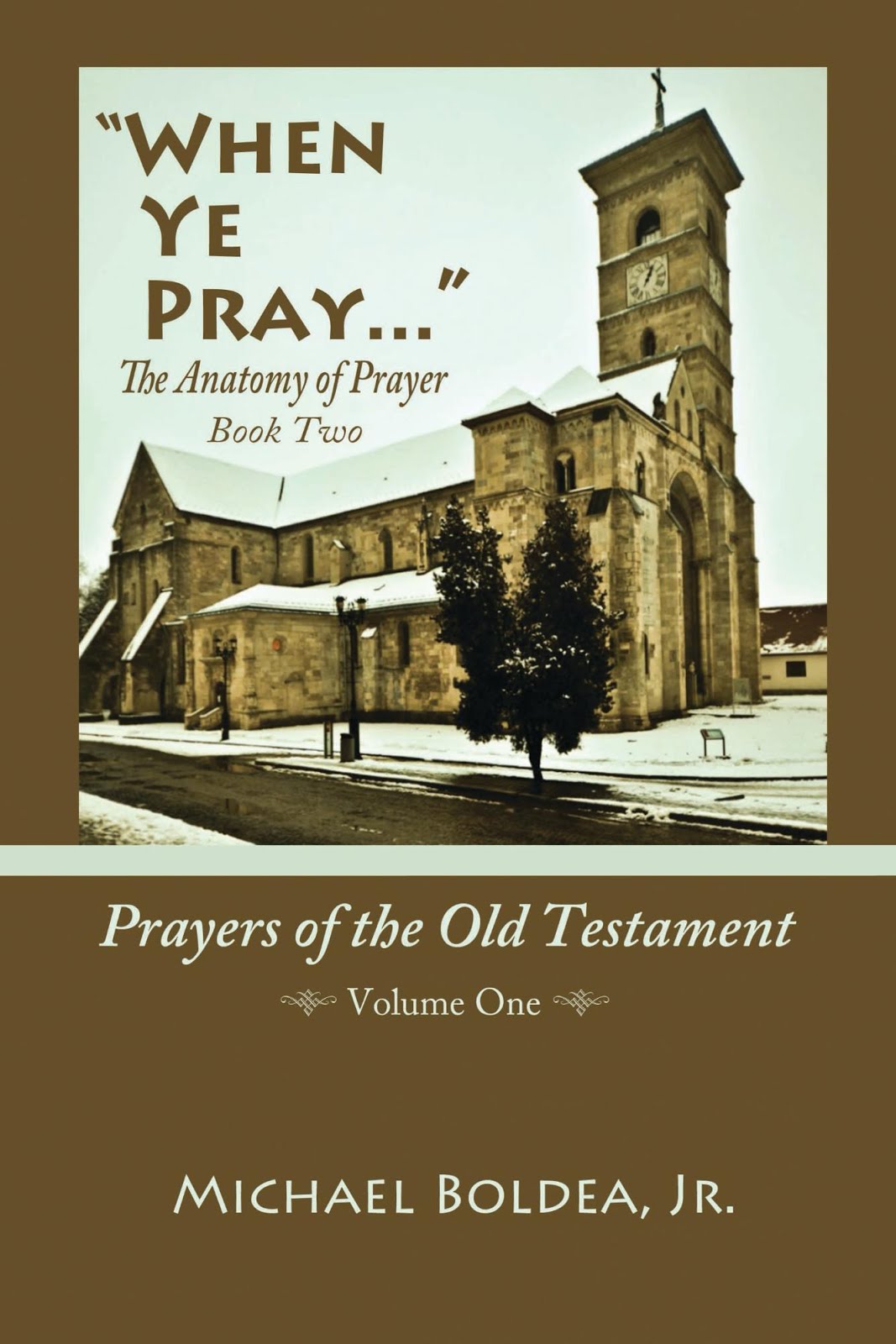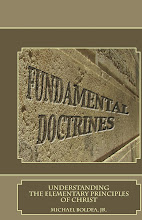While in the eyes of his contemporaries, what made Job noteworthy is that he was, at the time, the greatest of all the people of the East, in God’s eyes, it’s that he was blameless and upright and feared the Lord. Because he feared the Lord, he also shunned evil, knowing that accepting, practicing, celebrating, or validating evil puts a barrier between man and God. Job did not have the benefit of Scripture. He wasn’t walking around with an ostrich leather red-letter King James under his arm, but he knew inherently that he must shun evil as one who feared the Lord. Not only that, but he also knew what evil was.
In our day, just as in Job’s day, evil is well defined, and
those who are sincere, looking to obey God rather than find ways around His
commands, know evil when they see it. It’s not some amorphous thing that nobody
can pin down or something so complicated as to be defined only by the
scholarly. Even when it wears a disguise and attempts to present itself in a
positive light, evil can’t do anything about the stench of rot emanating from
its being. Those who practice evil are not ignorant of its nature; they just
don’t care.
It’s usually the scholarly and well-learned among us who
insist that evil is no longer evil, whether because they’ve compromised the
truth or sold their souls outright, but any objective and unbiased person can
readily define evil. You don’t need revelation or spiritual gifting to know
that murdering a baby before it’s had a chance to take a lungful of air is
evil. Yet, here we are, with churches and even whole denominations insisting
that it's wholly reasonable to murder and dismember a living human while in the
womb.
Job knew what evil was without the benefit of the canon of
Scripture, and he shunned it because he feared the Lord. The modern-day church,
having the benefit of Scripture as a light unto its path, embraces it and
consistently excuses evil, yet it persists in thinking itself wise and brimming
with promise and potential.
What’s our excuse? That’s the question that keeps intruding
and forcing its way to the forefront of my mind as I read of men who, without
the benefit of the written Word or the ability to access a glut of commentaries
and writings regarding every topic one could conceive of by clicking a few
keys, knew God deeper and more intimately than any of those strutting about on
stages, beating their chests, and insisting they are the apple of God’s eye and
the pinnacle of righteousness.
The best I can figure is that it comes down to desire and the
true intentions of one’s heart. Men such as Job and others who walked with God
desired Him above all else. They weren’t interested in using God to achieve
their goals but rather were satisfied with having a bond and relationship with
Him. They did not pursue God, hoping to get something from Him; rather, they
pursued God to obtain Him. There will always be a difference in attitude and
approach when someone wants to be your friend for the sake of being your friend
and when someone wants to be your friend because you’ll pick up the check at
breakfast.
Many today want to use God rather than be used of God. They
come into the relationship with the attitude of what they can get out of the
deal, and if a better deal comes along, they’re willing to abandon one for the
other at the drop of a hat. It’s not so much about Lordship or the reality of
servanthood; it’s more akin to a job they perform, often grudgingly, concluding
that their boss is stingy in his compensation package whenever they don’t get
their way.
It is a gift to understand the dynamic of one’s relationship
with God and to be humble enough to defer to Him in all matters, great and
small. If God deems it evil, if God deems it sin, neither you nor I have the
right to say otherwise or excuse it for whatever reason. Although it is not
highlighted outright, beyond being a blameless and upright man, Job was also
humble. Being the wealthiest man in an entire region and likewise being humble
is a complex combination to pull off because there will always be an
inclination to see oneself superior to everyone else due to your possession,
yet here was Job, who was consistent in his worship and rising early to offer
burnt offerings not only for himself but also for his ten children.
You sacrifice for the people you love and the things you
love. Nowadays, not so much literally, since none of us are dragging sheep to
an altar and offering them up, but we all make sacrifices throughout our lives
for what we hold dearest and most precious. I can tell you what a man
prioritizes in his life by his spending patterns and where he allots his time
on a given day. Whether you’re buying season tickets for your local football
team or a warm coat for a homeless person, tells me something about who and
what you love more than any words will. Is it wrong to go to a football game or
five? No, it’s not. It’s just something that reveals the truth of a person’s
heart, and given enough time, it forms a pattern. Patterns exist because of consistency,
which is something one does with regularity. Whether it’s how often you read
your Bible, how often you pray, or how often you spend time alone with God,
it’s the frequency of these things that form a pattern.
Do you only read the Word only when there’s nothing else
pressing? Do you only come before God in prayer when you have a need or
something in your life that requires remedying? Do you spend time with God only
when you’re planning to ask for a favor, or is the burning desire of your heart
more of Him, and nothing of this life takes precedence over that singular
purpose?













No comments:
Post a Comment